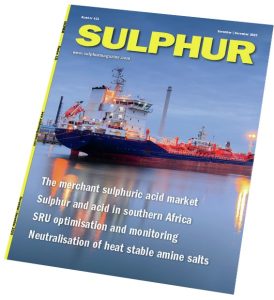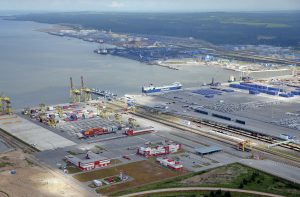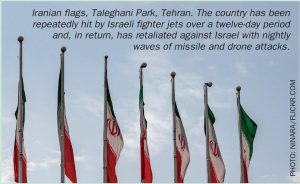
Fuel exports suspended following drone attacks
Ukraine has mounted several strikes on the Russian Black Sea port of Tuapse, hitting oil infrastructure with airborne and seagoing drones and missiles. Tuapse is a tanker loading terminal, one of two main oil export facilities on Russia’s Black Sea coast, with the capacity to transship around 17 million t/a of oil products. A raid on November 2nd reportedly damaged two tankers, halted fuel exports and refinery operations for days, caused an oil spill and forced tankers to abandon the port. Russia’s national rail company has halted rail shipments to Tuapse port, citing insufficient train car handling capacity.







